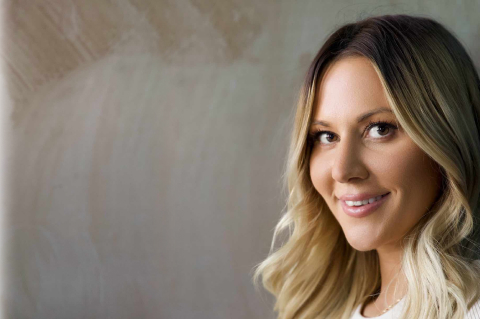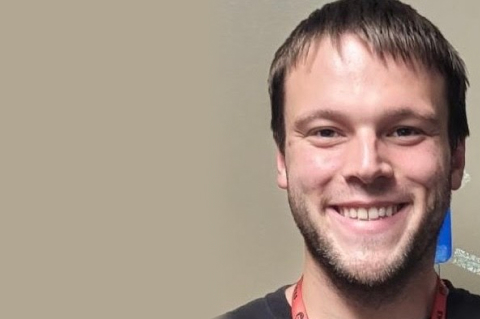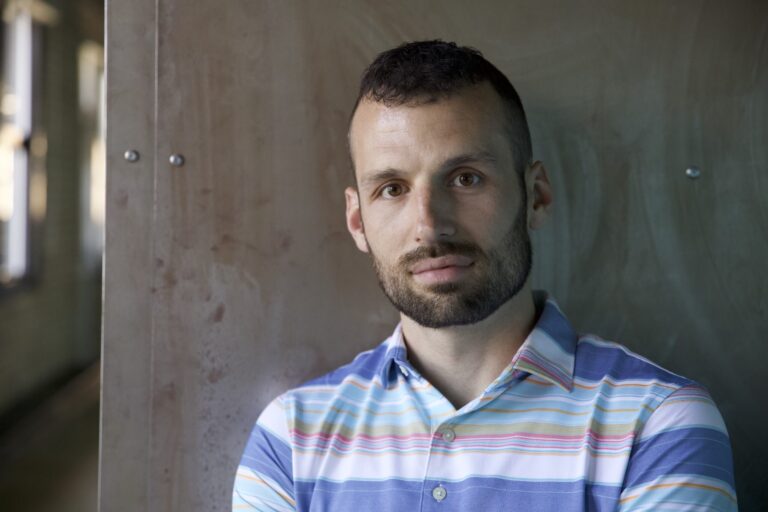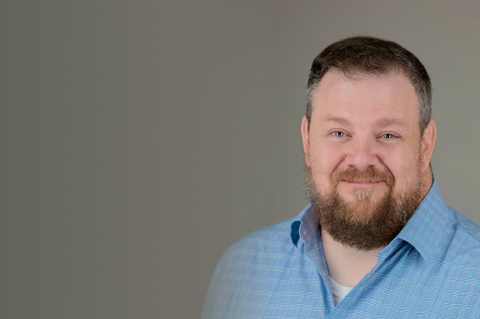Mark Ruprecht has been working for Kyros as a Business Intelligence Analyst for the past year, after graduating from the University of Minnesota – Twin Cities in 2017. Two years into his recovery now, Mark recently got married to his wife Dahlia and is passionate about working to help others who are on or looking to start their recovery journey. Read his addiction recovery story below:
Tell us a bit about your recovery story – how did you begin your recovery?
My desire was to be a professor at a top university one day. Having received a full-ride scholarship to study statistics at the University of Minnesota-Twin Cities College of Science & Engineering, everything appeared to be in order in my life. Desiring to fit in with my peers in the dormitories, my first experience using drugs and alcohol occurred the day I moved in. I smoked marijuana and immediately loved the way it relieved my stress and calmed me down.
My habit started off naïve and small – maybe using once every weekend. As the stress of college built up, what was once a weekend habit, soon became an every-other-day habit. I tried numerous times to quit. Three or four days sober here and there; I would always end up using again. Previous boundaries I set with myself around using would keep getting readjusted until there came a point where I was high more than I was sober. My addiction began to spiral. I started becoming reckless and using other prescription drugs like benzodiazepines and amphetamines. I soon found myself using stimulants every day to keep up my grades and work productivity with my professors. My tolerance increased to the point where I couldn’t afford the prescription drugs I was dependent on, so I turned to meth.
Meth was the drug that really destroyed any amount of self-will or responsibility I had left. I soon found myself stealing from friends and parents to support my habit. My lows kept getting lower and lower. I will spare the details of overdosing, numerous arrests, and fallouts in relationships. Finally, after one of my last quality friends had forsaken me and my life seemed hopeless, God stepped in and saved me.
This all changed when –
I met a Christian man named Paul who would stop by my desk and see how my day was going. That eventually progressed into walks around the building. After some time, I told Paul about my addiction to meth and other drugs. I broke down and came clean about everything. I fully expected him to judge me and want nothing more to do with me. Instead, he pressed in and showed me what it means to be loved unconditionally. Paul called me or saw me every day for the next year, and mentored me as I tried half-heartedly to quit using meth. I failed so many times. After each failure, I would wonder whether Paul would give up on me like seemingly all of the other friends in my life had given up on me. He recommended I get help through Minnesota Adult & Teen Challenge (MNTC).
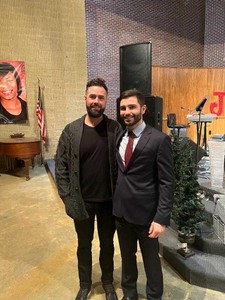
I entered into a MNTC program on September 23rd, 2020. I invested the next 15 months into the MNTC Long-Term Program where I worked every day on my relationship with God and on my recovery. It was the hardest thing I have ever done. So many times I wanted to quit the program and leave early.
I am 2 years into my recovery now. When I look back on my journey I can see clearly that God used my relationship with Paul to show me His love for me. Each trial and tribulation is an opportunity to keep refining my character into the man God desires me to be.
The rest of my story is still being written!
What are some obstacles you overcame at the beginning of your recovery journey?
I had the desire / craving to get high for the first 8 months into my recovery. After that point, my recovery became something I truly desired. Occasional triggers would pop up, especially when I felt stressed. I had to relearn how to work without amphetamines. I needed to cut ties with bad influences and learn how to be responsible for myself and my actions. Working through strong emotions without the aid of drugs was arguably the greatest challenge in my recovery.
What do you think are the biggest challenges that people in recovery face?
One challenge I see many people facing is cross addiction – workaholism, vaping, smoking, binge-watching Netflix/ TV, eating, etc. It can also be a huge barrier to successful recovery when people don’t cut ties with bad influences, or take responsibility for oneself and one’s actions. And generally, emotional and situational triggers, stress over increasing responsibility, making excuses for small compromises in behavior, and living selfishly are all huge challenges that I continue to see people in recovery encounter.
How has your life changed throughout your recovery?
My values and priorities in life have changed. I used to think only of myself and my achievements – pursuing self-glorification and not taking the time to build up others. Now, I put much more weight into relationships, and I have found great meaning in life through that effort.

I don’t make small compromises with myself that lead to larger failures in character. I am intentional with, and take ownership over my actions. I follow through on what I say I will do. I don’t make excuses. I recognize my sinfulness and don’t blame others for my failures.
What does success in recovery look like to you?
To me, success in recovery means discovering a purpose that’s greater than being sober. I am a part of a healthy and thriving faith-based community where I am valued and needed. I am responsible for more than myself and that makes staying away from using much easier. I’m grateful to have people in my life who I can depend on to be there for me when I am struggling through hard circumstances or difficult emotions. Being a part of a community and having faith in God are the two greatest strengths in my recovery.
Is there anything you wish you could share with anyone who is at the beginning of their recovery journey – or at any point in their recovery?
Recovery is more than sobriety. Make your life’s purpose about more than being off of drugs. Only focusing on your own recovery is unfulfilling. Look outside of yourself and be intentional with the healthy relationships that remain in your life. If there are none left, then build new ones. Make progress, not excuses, if you want to grow. Set small goals and learn to reach big ones.
